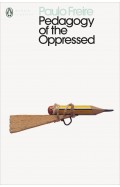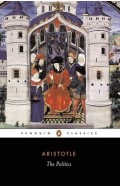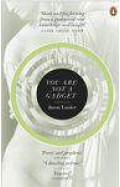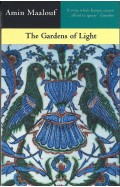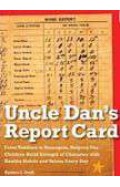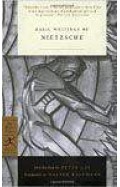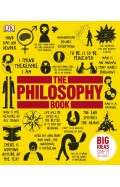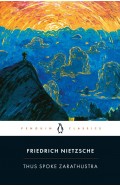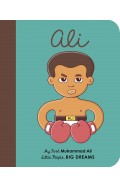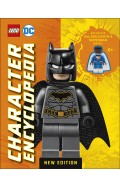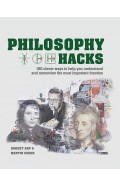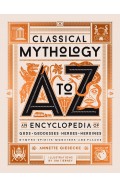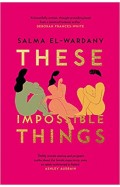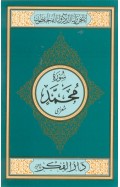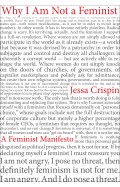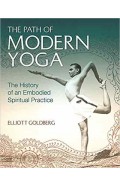The Student Guide to Freire's 'Pedagogy of the Oppressed'
By: Antonia Darder
-
Rs 8,095.50
- Rs 8,995.00
- 10%
You save Rs 899.50.
Due to constant currency fluctuation, prices are subject to change with or without notice.
The Student Guide to Freire's 'Pedagogy of the Oppressed'
By: Antonia Darder
Rs 8,095.50 Rs 8,995.00 Ex Tax :Rs 8,095.50
Zubin Mehta: A Musical Journey (An Authorized Biography)
By: VOID - Bakhtiar K. Dadabhoy
Rs 892.50 Rs 1,050.00 Ex Tax :Rs 892.50
Pedagogy of the Oppressed (Penguin Modern Classics)
By: Paulo Freire
Rs 2,245.50 Rs 2,495.00 Ex Tax :Rs 2,245.50
The Quest For Meaning: Developing A Philosophy Of Pluralism
By: Tariq Ramadan
Rs 1,185.75 Rs 1,395.00 Ex Tax :Rs 1,185.75
The Basic Writings of Nietzsche
By: Peter Gay/Sigmund Freud
Rs 3,865.50 Rs 4,295.00 Ex Tax :Rs 3,865.50
Pedagogy of the Oppressed (Penguin Modern Classics)
By: Paulo Freire
Rs 2,245.50 Rs 2,495.00 Ex Tax :Rs 2,245.50
Muhammad Ali: My First Muhammad Ali
By: Isabel Sanchez Vegara
Rs 1,695.75 Rs 1,995.00 Ex Tax :Rs 1,695.75
LEGO DC Character Encyclopedia New Edition: With Exclusive LEGO DC Minifigure
By: Elizabeth Dowsett
Rs 4,315.50 Rs 4,795.00 Ex Tax :Rs 4,315.50
Classical Mythology a to Z - An Encyclopedia of Gods & Goddesses, Heroes & Heroines, Nymphs, Spirits, Monsters, and Places
By: Annette Giesecke
Rs 9,895.50 Rs 10,995.00 Ex Tax :Rs 9,895.50
My Very Important Earth Encyclopedia - For Little Learners Who Want to Know Our Planet
By: DK
Rs 3,865.50 Rs 4,295.00 Ex Tax :Rs 3,865.50
Weird But True! 2023 - Wild and Wacky Facts & Photos!
By: National Geographic Kids
Rs 3,395.75 Rs 3,995.00 Ex Tax :Rs 3,395.75
The Path of Modern Yoga: The History of an Embodied Spiritual Practice
By: Elliott Goldberg
Rs 1,525.75 Rs 1,795.00 Ex Tax :Rs 1,525.75
Zubin Mehta: A Musical Journey (An Authorized Biography)
By: VOID - Bakhtiar K. Dadabhoy
Rs 892.50 Rs 1,050.00 Ex Tax :Rs 892.50
The Student Guide to Freire's 'Pedagogy of the Oppressed'
By: Antonia Darder
Rs 8,095.50 Rs 8,995.00 Ex Tax :Rs 8,095.50
Pedagogy of the Oppressed (Penguin Modern Classics)
By: Paulo Freire
Rs 2,245.50 Rs 2,495.00 Ex Tax :Rs 2,245.50












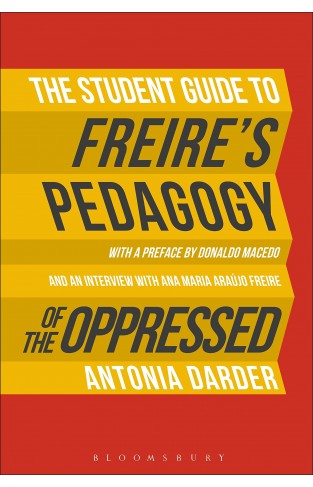
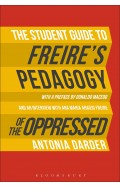
-120x187.jpg?q6)





